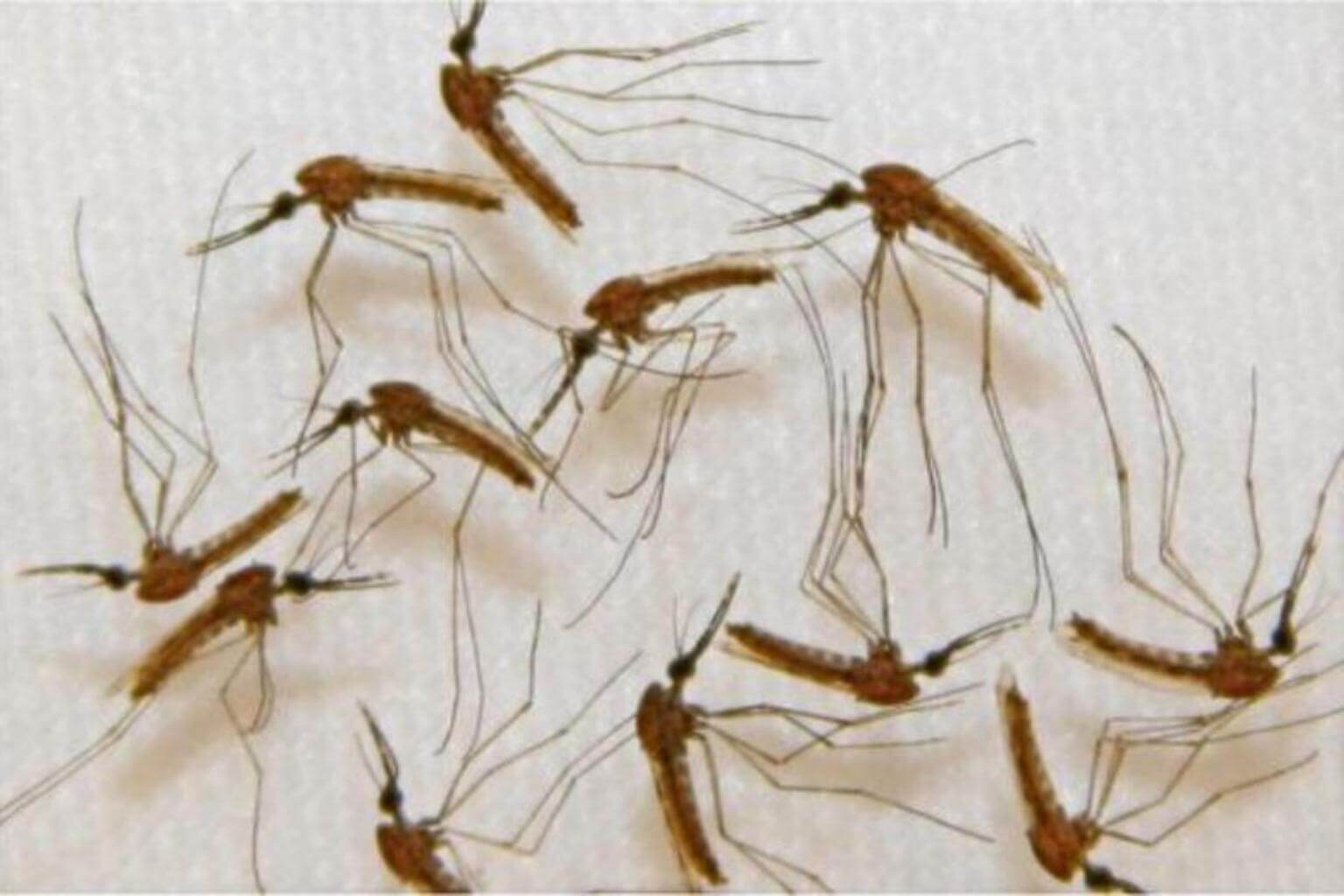No 'super malaria' infection reported in Singapore: MOH
Sign up now: Get ST's newsletters delivered to your inbox

MOH is closely monitoring the development of the 'super malaria' parasite situation in other South-east Asian countries.
PHOTO: AFP/SANARIA INC
SINGAPORE - No cases of "super malaria" infection - caused by a parasite resistant to current anti-malaria drugs - have been reported in Singapore, the Ministry of Health (MOH) said on Monday (Sept 25).
Said an MOH spokesman: "While there have been no cases of 'super malaria' infection in Singapore so far, MOH is closely monitoring the development of the 'super malaria' parasite situation in South-east Asian countries such as Cambodia, Laos, Myanmar, Thailand and Vietnam."
The parasite behind the "super malaria" infections there has been spreading through South-east Asia at an alarming rate, and cannot be killed with the main drugs currently used to treat the infectious disease.
The strain was originally detected in Cambodia in 2007, and scientists are calling for action before it reaches other areas such as India or Africa.
The MOH spokesman added that Singaporeans are advised to take precautions when travelling to malaria-endemic countries to reduce the risk of being infected.
These include sleeping under a mosquito net, applying insect repellent and wearing clothes that completely cover the arms and legs. They are also encouraged to seek advice on anti-malaria medication from doctors here before travelling.
According to MOH's weekly infectious disease bulletin, there have been 27 reported cases of malaria here this year, as of Sept 16.
Singapore was declared malaria-free by the World Health Organisation in 1982.
The certification is given to a country when it has proven that the chain of local transmission of all human malaria parasites has been interrupted nationwide for at least the past three consecutive years.
Countries must also have a national surveillance system that is able to rapidly detect and respond to local malaria transmission.
In 2015, about 212 million people were infected with malaria, of which 429,000 died.
About 6 per cent of the deaths occurred in South-east Asia.


